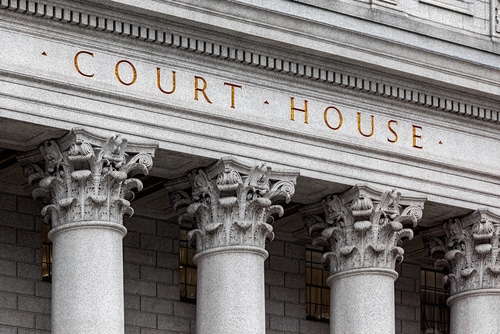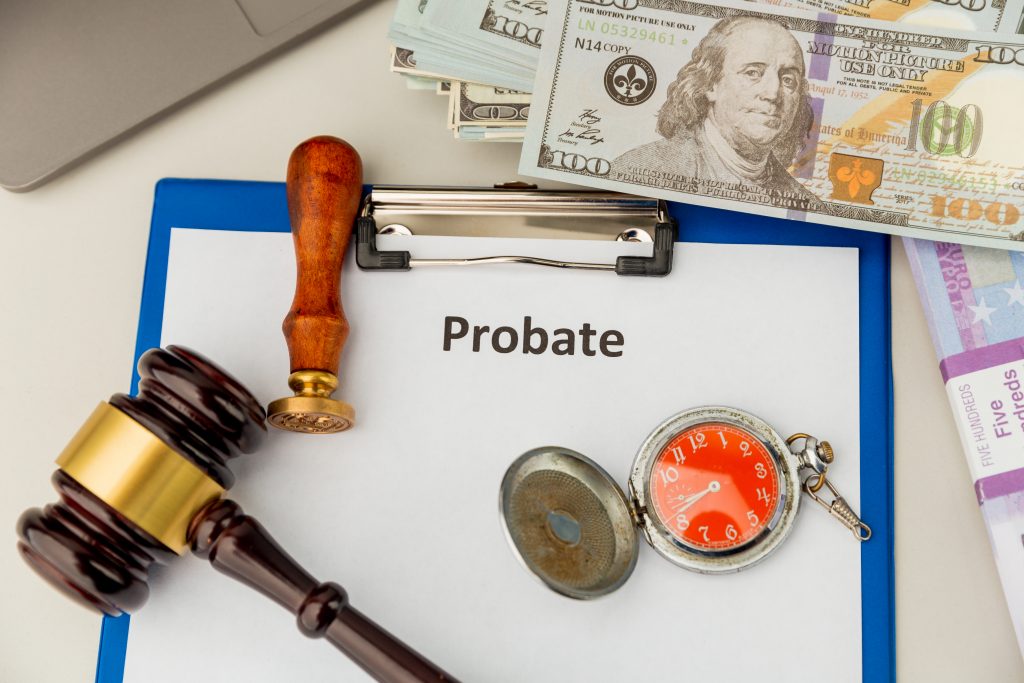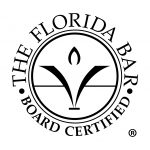Settling an Estate with a Will

Identify beneficiarys: Who …. is entitled to inherit, and in what shares, percentages, or specific assets or portions of the estate? Who …. is the person named as executor/executrix/Personal Representative, who will be in charge and responsible for the Will provisions to be carried out?
Identify and examine Last Will and Testament and any codicil(s) (a codicil is simply a fancy name for an “amendment” to a Will), as the controlling legal document. Identify and evaluate the assets that are in the trust.

SETTLING AN ESTATE THROUGH PROBATE
Probate involves settling and estate through court. Trusts can generally be settled outside of court, without there being any probate at all (a “private” estate settlement). Assuming that there are no disputes or problems. The public assumes that if you have a Living Trust that the client will then automatically avoid probate. That is definitely not the case for all clients. A trust avoids probate only for assets that are funded into the trust. So if assets are outside the trust, some assets may be subject to the probate process despite the client having a “Living Trust.”
PROBATE AND LAST WILL AND TESTAMENT
Wills are settled through probate, probate being a court case to settle the affairs of a decedent. Some clients think that having a Will avoids probate. That is not the case at all. “All Wills go through probate”; to avoid probate assets must be in a living trust, in joint name, or in beneficiary form. What is meant by the term “Probate?” “Probate” means to prove; that is to prove up the Will as valid. All assets distributed under a Will go through probate ………

EXCEPT: The existence of the Last Will and Testament alone does not create probate. The custodian of the Will has a duty to deliver the Will to the Clerk of Court, but doing so does NOT “create probate.” Yes, it is true that “all Wills go through probate.” However, the executor only needs to start the probate process if there are assets that need to be distributed through the probate. If there are no such assets to be distributed through probate, then the Will merely stays on file with the Clerk of Court with no probate case started. This is actually quite common, with a living trust and all assets funded into the trust. Many Florida residents/decedents have a Will tailored to pair with the trust, but no probate results. Note the key language that all assets are funded into the trust. If assets are outside the trust, and not in beneficiary form or joint name then a probate results even despite the fact that the clients created a living trust. Besides assets funded in a living trust, assets in joint name or with a beneficiary named also do not go through probate.
STEPS IN THE PROCESS OF SETTLING AN ESTATE OR TRUST
Whether under a Will or a Trust, a settlement of an estate involves the following steps: collecting and accounting for the assets, communicating with beneficiaries, sending accountings to beneficiaries, clearing claims of creditors and settling estate taxes if any, settling disputes among beneficiaries, and finally distributing the assets of the estate or trust.
EXECUTOR/EXECUTRIX OR SUCCESSOR TRUSTEE IS LEGALLY RESPONSIBLE
Settling an Estate or Trust is a big responsibility. The executor or successor trustee needs to: 1) design and execute a communications plan with beneficiaries, 2) design accounting methods to track estate and trust assets so that accountings can be delivered later in the process, 3) retain qualified professionals (attorneys, accountants, etc), 4) gather assets, 5) carefully follow and adhere to the relevant documents (Trust or Will), 6) follow all applicable laws, and avoid conflicts of interest, self dealing and mismanagement.
A CEO of a business often has leadership authority to set the direction of the business. An executor or successor trustee usually lacks that lattitude. The executor or trustee is bound to follow both the Will/trust instrument and all applicable laws; and is not free to set a new direction as they wish. The liability/responsibility of an executor or successor trustee is a “fiduciary” responsibility. This means that the executor/trustee is legally liable for damages if the laws and document’s direction are not scrupulously followed. Failure to follow the governing documents and comply with applicable laws can lead to a court assessing damages. But liability can be avoided by communication, prudence, accounting, and caution.

